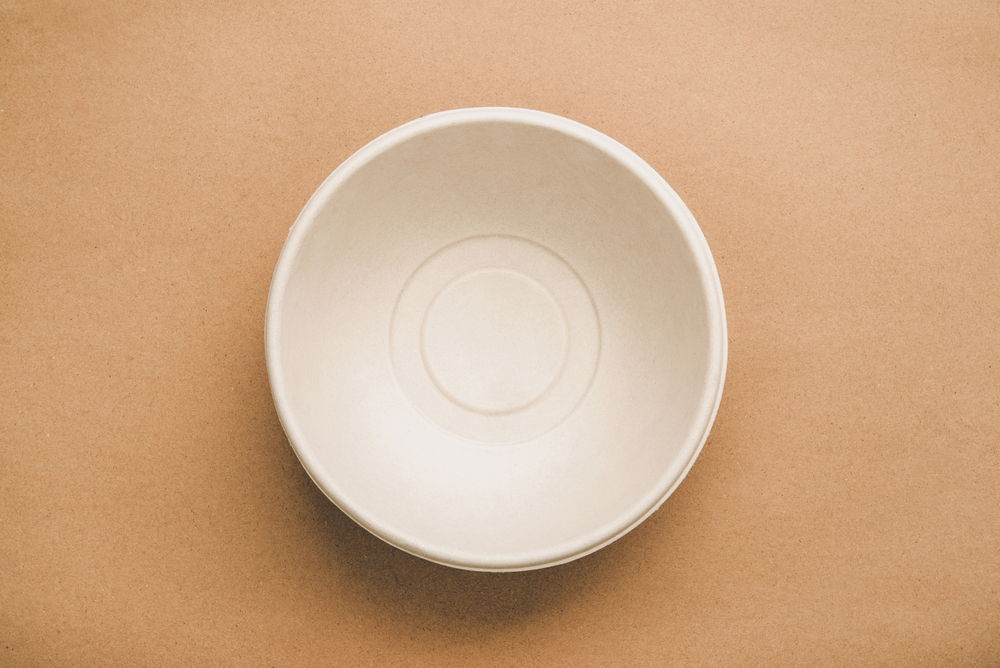THIS IS IT! DIELINE Awards 2026 Late Entry Deadline Ends Feb 28
‘Forever Chemicals’ Linked To Cancer Found In Popular, Certified Compostable Take-Out Containers
By
Published
Filed under

By
Published
Filed under

With the impact of styrofoam and plastics on the environment, many cities have banned their use and companies have started or have pledged to stop using them, leaving restaurants to find an alternative that is both sustainable and resistant to heat, liquids, and grease. A popular option, molded fiberboards, promises to be 100% compostable while standing up to a variety of different foods.
Sounds too good to be true? Testing by The New Food Economy discovered indeed it is.
Collecting several bowls from restaurants that claim their bowls are compostable, such as Chipotle, Sweetgreen and Dig, The New Food Economy found that all containers carry high levels of a class of chemical compounds called PFAS, or per- and polyflouroalkyls.
Get unlimited access to latest industry news, 27,000+ articles and case studies.
Have an account? Sign in